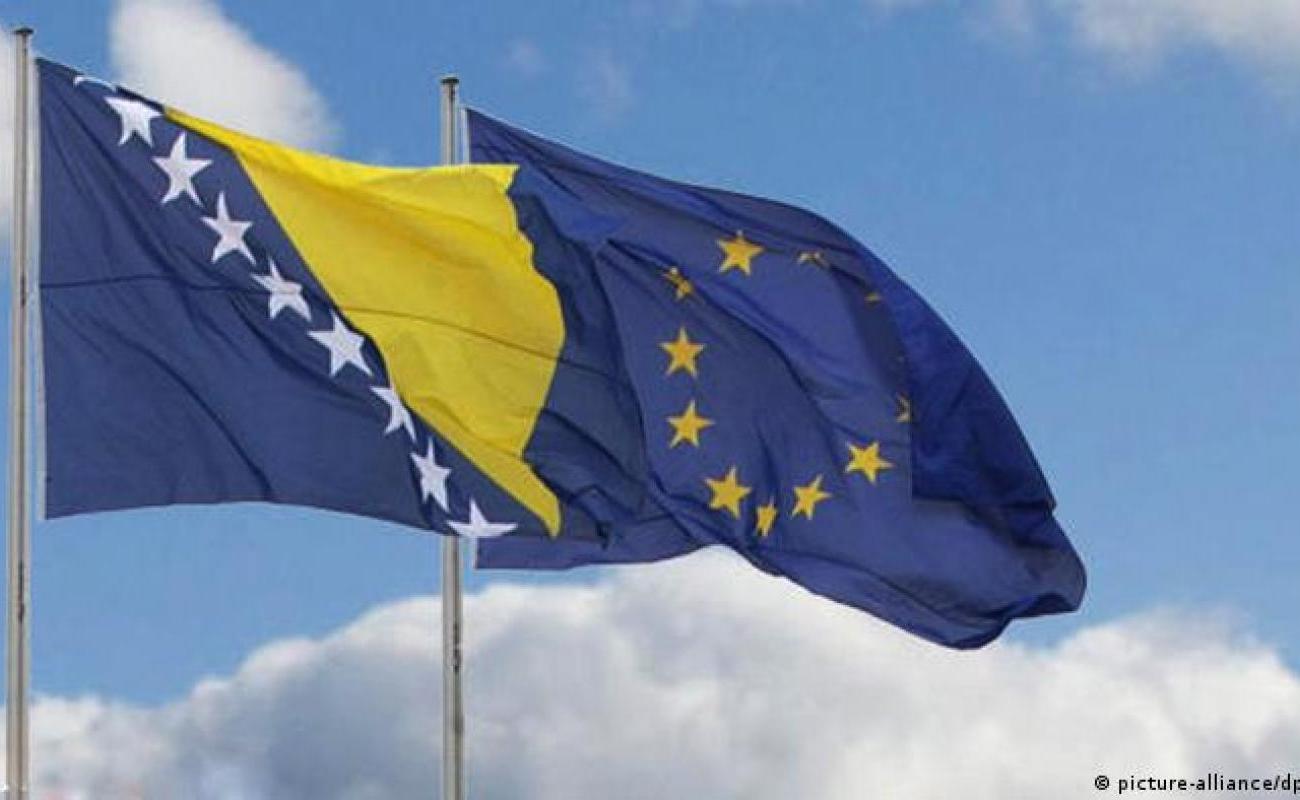The EU mobilises an additional €2.5 million to support vulnerable refugees and migrants in Bosnia and Herzegovina

The EU has allocated an additional €2.5 million in humanitarian aid to support vulnerable refugees and migrants in Bosnia and Herzegovina. It is estimated that over 1 000 people are outside the temporary accommodation facilities, with limited access to basic services. They are exposed to increasingly cold temperatures as winter is approaching and numerous protection risks, with the situation of unaccompanied minors requiring particular attention.
Janez Lenarčič, Commissioner for Crisis Management said: ”Around 4 000 refugees and migrants stranded in Bosnia and Herzegovina, many of whom sleep outside, are in need of shelter, food, water, sanitation, healthcare, protection and clothes. To address these needs, the EU stands ready to continue providing humanitarian assistance. The dignity and safety of all persons, especially the most vulnerable, need to be ensured and protected at all times. Humanitarian partners need full access to people in need, wherever they are.”
The newly allocated €2.5 million will further support the provision of outreach and protection assistance, including child protection, and support unaccompanied minors, both inside and outside centres. The funding will also be used to address the critical need of healthcare, exacerbated by the COVID-19 pandemic, including psychosocial support and mental health assistance.
Background
Since the beginning of 2018, over to 84 120 refugees and migrants have arrived to Bosnia and Herzegovina via the Western Balkans migration route. Since then, the EU has been working closely with UN agencies, other humanitarian organisations, and the Bosnian authorities to meet the humanitarian needs of refugees and migrants. Since early 2018, the EU has provided €101.85 million directly to Bosnia and Herzegovina and through implementing partners, including over €16 million in humanitarian aid.
Following the easing of COVID-19 movement restrictions, there has been an increase in new arrivals. While the humanitarian situation has improved, some refugees and migrants continue to sleep outside in inadequate conditions. Consequently, the EU calls on the authorities of Bosnia and Herzegovina to find appropriate accommodation to all those in need. The recent opening of a new reception facility in Lipa, with a capacity to accommodate 1 500 migrants, is an important step in this direction [1].
EU humanitarian aid is focused on covering the most urgent needs, such as primary and secondary health care services; limiting the spread of the coronavirus pandemic; and the provision of mental health and psychosocial support. It also provides protection assistance, such as identification, case management and referrals, support to unaccompanied minors and life-saving assistance to those staying outside including warm clothing, sleeping bags and food.
